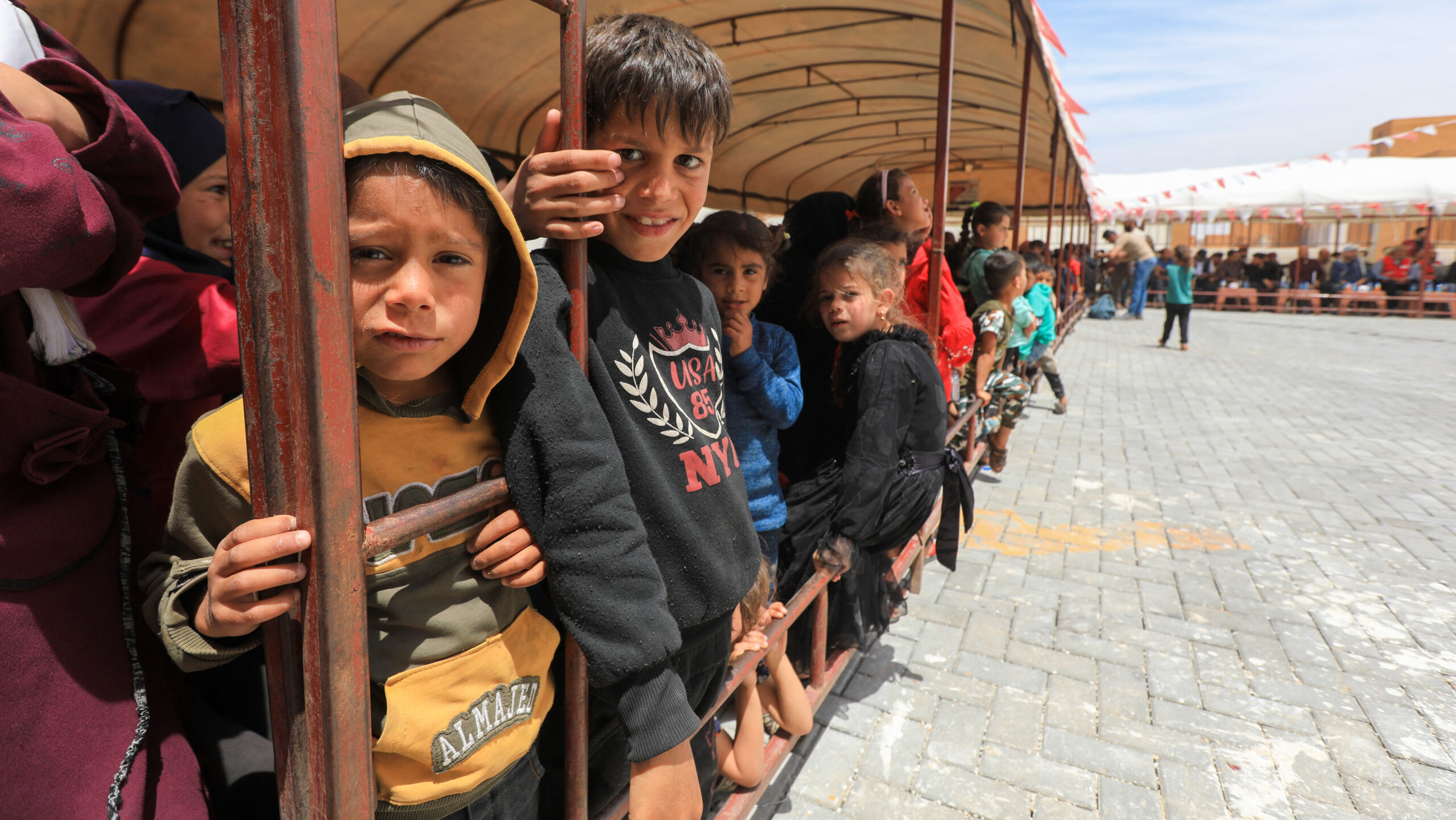HRW Report: Lebanon and Cyprus Violating Refugee Rights
European aid to Lebanon aimed at stemming the flow of migrants transiting by sea is inadvertently funding practices that violate human rights, according to a report released by Human Rights Watch on Wednesday.
Lebanon, which is already grappling with a severe financial crisis and an escalating conflict between Hezbollah and Israel along its southern border, hosts around 775,000 registered Syrian refugees, the highest per capita refugee population in the world.
Since 2020, the EU has provided Lebanon with around 16.7 million euros ($18.5 million) for border management and recently approved an additional 32 million euros ($35.3 million) to enhance these efforts through 2025.
Give the gift of hope
We practice what we preach:
accurate, fearless journalism. But we can't do it alone.
- On the ground in Gaza, Syria, Israel, Egypt, Pakistan, and more
- Our program trained more than 100 journalists
- Calling out fake news and reporting real facts
- On the ground in Gaza, Syria, Israel, Egypt, Pakistan, and more
- Our program trained more than 100 journalists
- Calling out fake news and reporting real facts
Join us.
Support The Media Line. Save democracy.
The report found that 15 of the 16 Syrian migrants interviewed experienced human rights abuses by Lebanese and/or Cypriot authorities while attempting to reach Europe by way of a smuggler boat.
According to the report, the Lebanese army has occasionally taken Syrian refugees who were attempting to reach Cyprus across the Lebanon-Syria border and abandoned them. The Syrian army then detains these individuals, allowing smugglers to extort them and return them to Lebanon.
Since April, the Cypriot government has suspended processing Syrian asylum applications, and border authorities have prevented boats, and the migrants onboard “were not given the opportunity to claim asylum,” the report alleges.
Officials from Lebanon and Cyprus both deny any wrongdoing but acknowledge that the migrant influx is overwhelming them.
In a statement responding to the HRW report, Cyprus’ deputy migration ministry emphasized that the island nation is a “small frontline country” and that “the state’s capacity to host additional migrants is overstretched.”
“Therefore, we aim to strike a balance between our legal obligations and the realities on the ground.”



